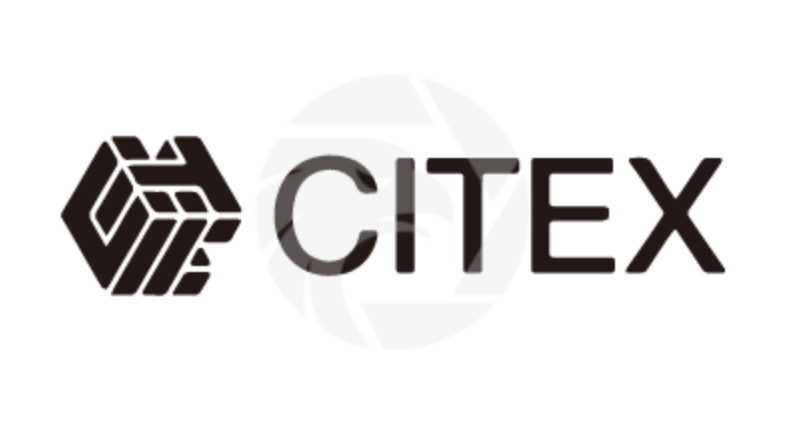What kind of exchange is C Network and analysis of its advantages and disadvantages
- WBOYWBOYWBOYWBOYWBOYWBOYWBOYWBOYWBOYWBOYWBOYWBOYWBOriginal
- 2024-08-20 17:01:011189browse
CNet is a centralized exchange (CEX), owned and operated by an entity, responsible for matching transactions. It has the following characteristics: fast transaction speed, high liquidity, and high security. Provide a good user experience, but there are trust risks, higher handling fees and regulatory risks.

What kind of exchange is C Network?
The full name of C network is CEX, which is the abbreviation of Centralized Exchange, meaning centralized exchange, and its counterpart is DEX (Decentralized Exchange), which is decentralized exchange.
C Network Principle
C Network is owned and operated by a centralized entity (usually a company) and is responsible for brokering transactions between buyers and sellers. Users register an account on the platform, deposit assets into the exchange, and conduct transactions according to the exchange rate and handling fees provided by the platform.
C.com usually adopts the order book model, and traders can submit orders through limit orders, market orders or stop-loss orders. When the buyer's and seller's orders match, the transaction is completed.
C Network Advantages and Disadvantages
Advantages:
- Fast transaction speed: Since centralized exchanges are managed by one entity, the transaction confirmation time is usually very short, which can meet the needs of high-frequency trading.
- High liquidity: Centralized exchanges gather a large number of traders and assets, so they have high liquidity and can ensure the smooth progress of transactions.
- High security: C Network usually adopts strict security measures, such as two-factor authentication, cold storage and asset insurance, etc. to protect users’ funds and information security.
- Good user experience: C Network usually provides an easy-to-use interface and a variety of trading functions to facilitate users to trade and manage assets.
Disadvantages:
- Trust Risk: Users need to trust the operation team of the exchange because they own the user’s assets and transaction records. If there is a security breach or poor management of the exchange, users' funds may be lost.
- Higher handling fees: Centralized exchanges usually charge certain handling fees, including transaction fees, currency withdrawal fees, deposit fees, etc. For high-frequency traders, fees can become a significant expense.
- Lack of anonymity: Users need to register an account on C Online and provide personal information, so anonymous transactions cannot be achieved.
- Regulatory Risk: Centralized exchanges are supervised by regulatory agencies and may face compliance risks and regulatory restrictions.
The above is the detailed content of What kind of exchange is C Network and analysis of its advantages and disadvantages. For more information, please follow other related articles on the PHP Chinese website!

